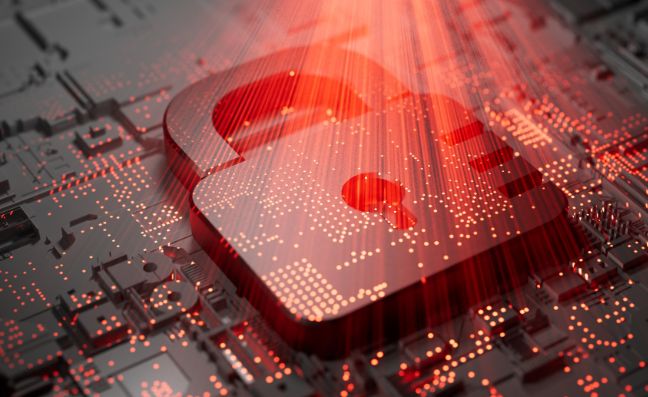Do you know how to protect against ransomware attacks?
Many people believe that cybercriminals only hit big organizations with ransomware attacks. However, anyone with a computer, phone, or tablet can be a target—including small businesses and individuals in Humboldt, Del Norte, or Trinity counties!
What is ransomware?
A form of malware (malicious software), ransomware prevents you from accessing your device’s files, systems, or networks. It then demands a ransom in order for you to regain access and/or to keep sensitive information from being released.
What is a ransomware attack?
A ransomware attack locks your device or encrypts your data. You get a message demanding a sum of money (usually in cryptocurrency) to reverse the lock or encryption. Sometimes the ransom message threatens to release your data to the public unless you pay. At times, a ransom message may accuse you of a crime in order to scare you into paying.
Should you pay the ransom after a ransomware attack?
According to the FBI, you should not. “Paying a ransom doesn’t guarantee you or your organization will get any data back. It also encourages perpetrators to target more victims and offers an incentive for others to get involved in this type of illegal activity.”
If you pay the money, you might receive a “key” to unlock your device or reverse the encryption—but there is no guarantee. The key may only restore partial access, or the cybercriminals may release your information to the public anyway. If you pay, nothing will stop them from launching another ransomware attack on you.
How do you know if you have experienced a ransomware attack?
You may not realize you’ve been attacked until you get one or more ransom notes on your device. Some other warning signs include:
On your computer:
- Your system behaves erratically, such as programs crashing, files vanishing, strange programs running, different system settings, and slow performance.
- File names extensions change to “.encrypted,” “.locked,” etc.
- A large number of files are modified simultaneously.
- You receive numerous pop-up ads.
- Best case scenario: You get an alert from your antivirus or anti-malware software.
On your phone:
- You get locked out.
- Your phone is performing slowly or abnormally.
- Your battery drains quickly.
- Your phone overheats.
- Apps crash frequently.
- You receive many pop-up ads.
Do you know how to prevent ransomware from attacking your devices?
The steps to protect yourself from ransomware are the same steps you take to protect yourself from other kinds of malware:
Protect your devices:
- Be sure that your anti-virus and anti-malware protections are current.
- Keep operating systems, software, and apps up to date.
- Restart your devices every week or two and agree to automatic updates and security patches.
- Avoid public Wi-Fi, but if you use it, be sure to use a VPN (virtual private network) to encrypt your connection.
- Disable file sharing unless you’re actively sharing files.
- Be cautious about using USB sticks that others have used.
Be smart about passwords:
- Set up two-step verification to confirm your identity when you log in.
- Use biometric authentication (fingerprint or facial recognition).
- Create a strong, unique password for each device, and utilize a password management system to help you create and store them.
Be on guard against tricks:
- Don’t open any email attachments unless you know the sender and are expecting an attachment.
- Don’t click on any suspicious links in emails, social media, texts, and websites. Check for weird spellings, odd spacings, and unusual punctuation. If possible, hover over a link with your cursor to see the URL the link will take you to.
- Only download apps from official app stores, and only grant necessary permissions to apps.
- Follow your employer’s cybersecurity policies, whether at your place of business or remotely.
What is the best way to avoid paying a ransom?
Regularly make multiple backups of your data—ideally, one stored on a USB and another in the cloud. Rather than pay a ransom, you can restore your information to your computer, phone, or tablet. Be sure to test your backups!
What should you do if you are attacked?
- Turn off your device immediately.
- Consult with a computer professional or mobile phone technician.
- File a report at the FBI’s Internet Crime Complaint Center (IC3): www.ic3.gov.
Stay informed!
In 2024, with so much of life and work online, it’s crucial to be vigilant against ransomware. Because cybercriminals are getting more sophisticated, be sure to keep up to date with the latest guidelines from reliable sources like the FBI or cybersecurity organizations.
Ransomware isn’t the only danger you need to watch for when you’re online. Discover how to guard yourself against a variety of cons by checking out Coast Central Credit Union’s Fraud & Scam Resources page.
Experience The Coast Central Difference—Where YOU are Central.
Source: https://www.fbi.gov/how-we-can-help-you/scams-and-safety/common-frauds-and-scams/ransomware#



